Pros and cons of HS2
The government has scrapped plans for the northern leg of the high-speed railway after spiralling costs and delays
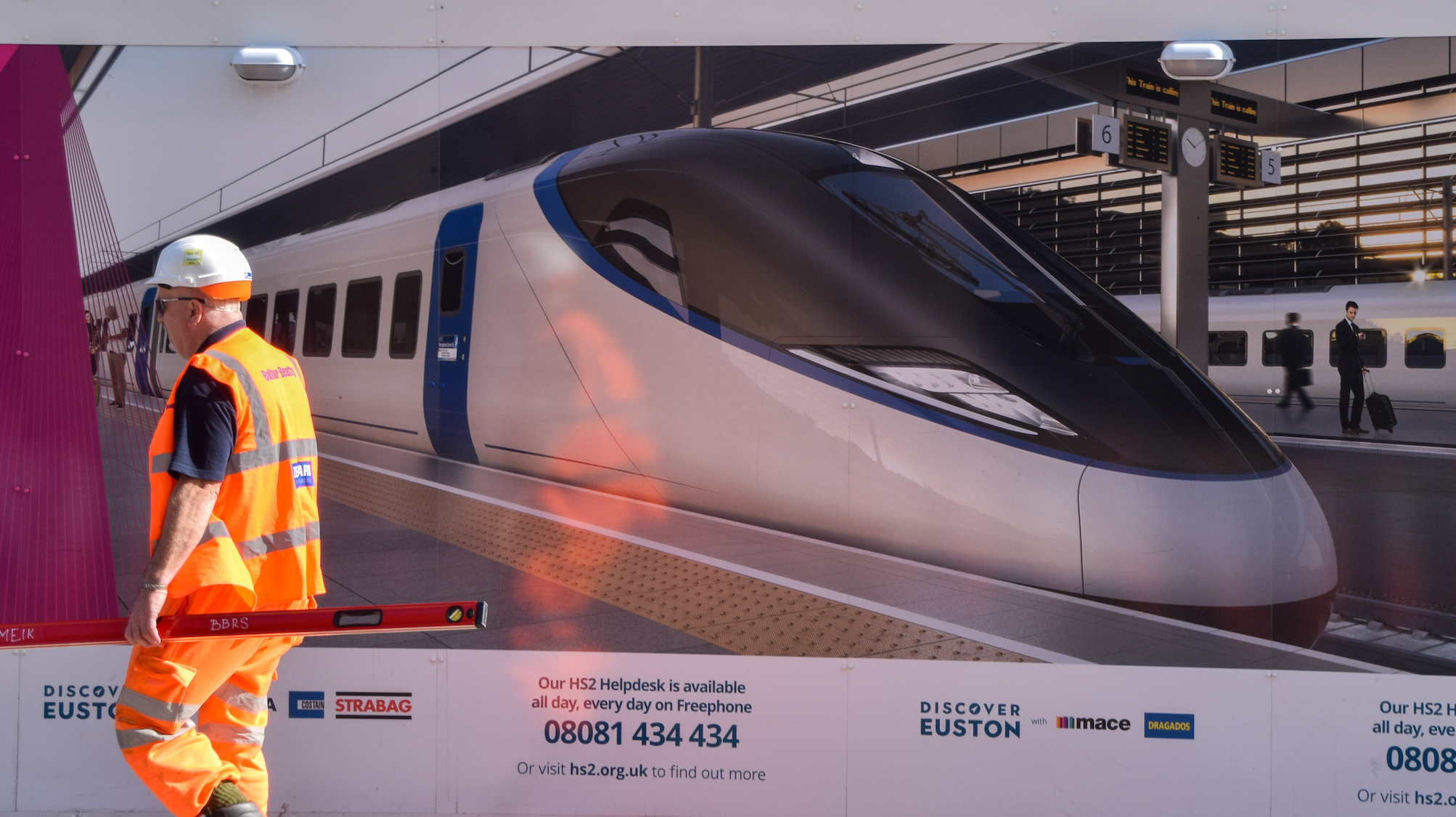
A free daily email with the biggest news stories of the day – and the best features from TheWeek.com
You are now subscribed
Your newsletter sign-up was successful
Prime Minister Rishi Sunak has announced the scrapping of Phase 2 of the HS2 rail project.
The second phase of the high-speed rail was meant to extend Phase 1, the under-construction London-to-Birmingham route, further north to Manchester, but "delays and spiralling costs" have led to the government axing the northern leg of the project, said Sky News.
The prime minister promised to use the money saved to invest "in alternative transport projects in the north", a similar promise to that made by former Prime Minister Boris Johnson who "pulled that trick" when he cancelled the extension from Birmingham to Leeds in 2022, added Sky News.
The Week
Escape your echo chamber. Get the facts behind the news, plus analysis from multiple perspectives.

Sign up for The Week's Free Newsletters
From our morning news briefing to a weekly Good News Newsletter, get the best of The Week delivered directly to your inbox.
From our morning news briefing to a weekly Good News Newsletter, get the best of The Week delivered directly to your inbox.
But the delivery of HS2 has been fraught with "incompetence and financial mismanagement" from the start, wrote Madeline Grant in The Telegraph, and has left Britain looking "uniquely incapable of delivering major infrastructure projects". It was pitched with the promise to "slash travel times and boost rail capacity", said Wired, and its scrapping could have "serious repercussions" for the "future of rail investment".
Here are the pros and cons of the HS2 railway.
Pro: greater connectivity
HS2 launched with the commitment to deliver "a high-speed line connecting central London to the northern cities", said Politico, but it currently looks "unlikely to reach Manchester, Leeds – or even central London".
Still, a properly executed HS2 would be a "boost for connectivity between major cities" in the north, and create "more space for stopping services and freight trains" on the West Coast Main Line, said Sky News.
A free daily email with the biggest news stories of the day – and the best features from TheWeek.com
The Department for Transport said the high-speed rail would "triple the number of people" able to travel between the cities and provide a much-needed upgrade to infrastructure "built by the Victorians more than 100 years ago", said BBC Newsround.
Con: increasing costs
A government report in the run-up to the project said it should cost "no more than £69 billion", said The Times. That, however, turned out to be a severely "undercooked figure" and a "dissenting report" said it would cost a "much more realistic £106 billion".
Since then, the estimate of the total cost for the project is £180 billion, with the "London to Birmingham leg alone costing almost £100 billion".
There's "no denying this is an almighty mess", The Times added, with the estimated cost a "ridiculous price tag for a 140-mile railway".
Pro: new jobs
When HS2 first broke ground the government was "expecting to create 22,000 jobs" through the project over the first few years with "women and under-25s the core focus for recruitment and skills investment", said the BBC. The government said the project would "re-balance the UK's economy" and promote "investment outside London" added the BBC's business correspondent Theo Leggett.
As of 2022, HS2 had increased its "current total workforce to just under 30,000" and had around 2,500 "formerly unemployed now working on HS2". The Stop HS2 campaign's Joe Rukin, however, told the BBC that the project would "permanently displace almost that many jobs" in its construction.
Con: the time
Even if the Manchester extension was going ahead, the timeline for it to open would have been delayed significantly. The London to Birmingham branch was originally slated for 2026 but was "pushed back" to "between 2029 and 2033", while the second phase was delayed until 2040 from 2032, before being "apparently shelved altogether", said Yahoo News.
There is also a penalty for scrapping HS2 though, with the "weekend closures on other mainline railways to upgrade existing lines" in its absence lasting up to "14 years", said The Guardian. It could also spell the end of the Northern Powerhouse Rail and result in "further decades elapsing" on a high-speed rail link in the north from east to west.
Pro: reduction of carbon footprint
One of the "principal arguments in favour" of developing HS2 was that it would "help the UK cut its carbon emissions" by linking many of its currently disconnected parts with London and continental Europe, and in turn "lessen demand for carbon-intensive air travel, road freight and car journeys", wrote Patrick Barkham in The Guardian. However, its "overall construction and operation" will still create significant carbon emissions.
But "far more road schemes will be needed if we can't shift traffic to more efficient rail", argued Jon Stone in the Independent, with high-speed rail "proven the greenest way to get people off short-haul flights".
Con: environmental impact
The government was accused of having "major problems" with its estimates of HS2's impact on surrounding wildlife and nature, and "more than 50% of natural habitats could be lost overall" in the work between London and the West Midlands, reported ITV News. The Wildlife Trusts said the assessment of the impact on biodiversity was "fundamentally flawed" and called for construction to be paused while the impact was re-evaluated. The trusts said on BBC Newsround that while they were in favour of "sustainable transport solutions", the HS2 construction came "at an unacceptable cost for our natural world".
Richard Windsor is a freelance writer for The Week Digital. He began his journalism career writing about politics and sport while studying at the University of Southampton. He then worked across various football publications before specialising in cycling for almost nine years, covering major races including the Tour de France and interviewing some of the sport’s top riders. He led Cycling Weekly’s digital platforms as editor for seven of those years, helping to transform the publication into the UK’s largest cycling website. He now works as a freelance writer, editor and consultant.
-
 How the FCC’s ‘equal time’ rule works
How the FCC’s ‘equal time’ rule worksIn the Spotlight The law is at the heart of the Colbert-CBS conflict
-
 What is the endgame in the DHS shutdown?
What is the endgame in the DHS shutdown?Today’s Big Question Democrats want to rein in ICE’s immigration crackdown
-
 ‘Poor time management isn’t just an inconvenience’
‘Poor time management isn’t just an inconvenience’Instant Opinion Opinion, comment and editorials of the day
-
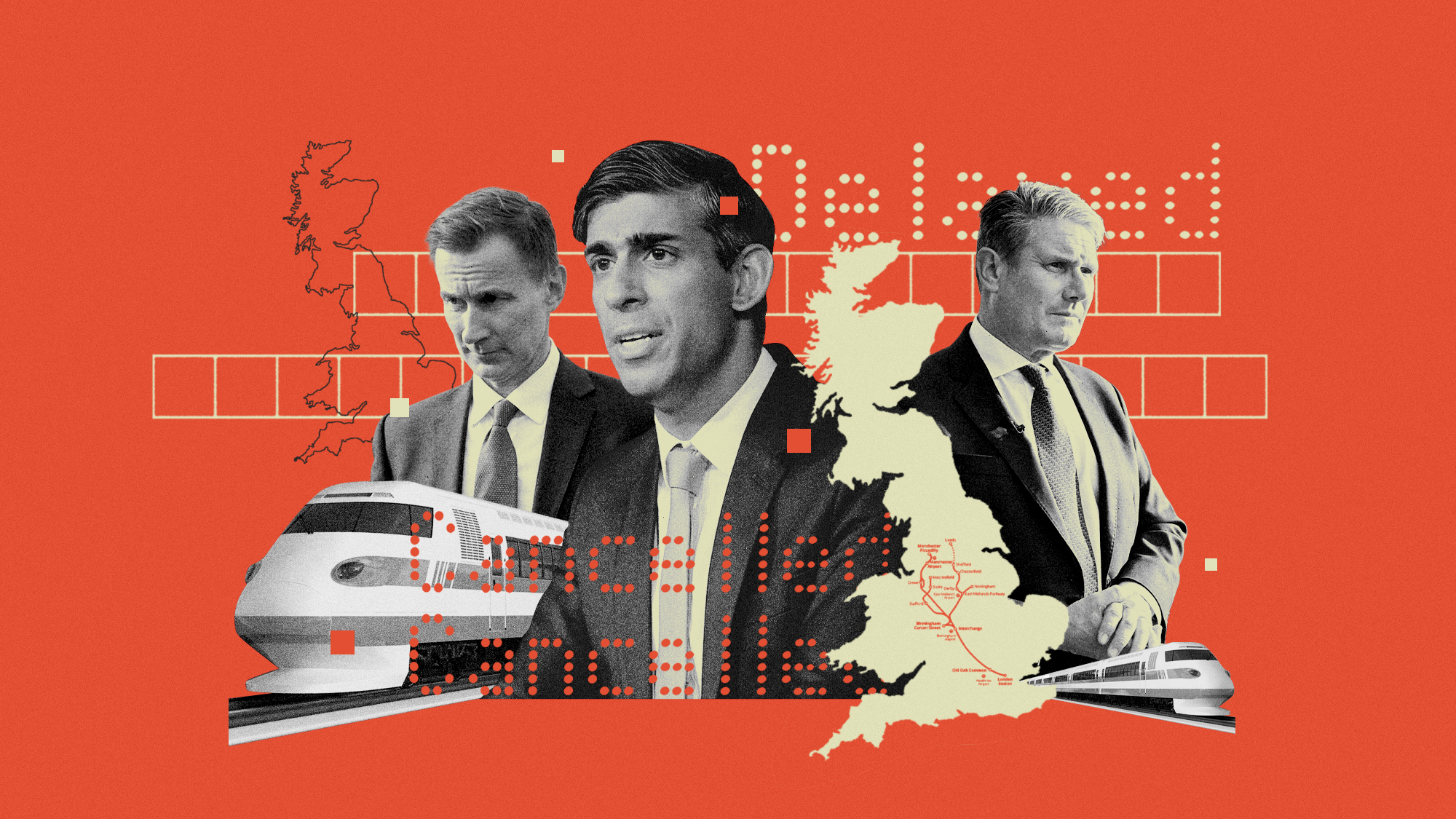 Can HS2 get back on track?
Can HS2 get back on track?Today's Big Question West Midlands mayor offers business solution to keep northern leg but final decision may rest with Labour
-
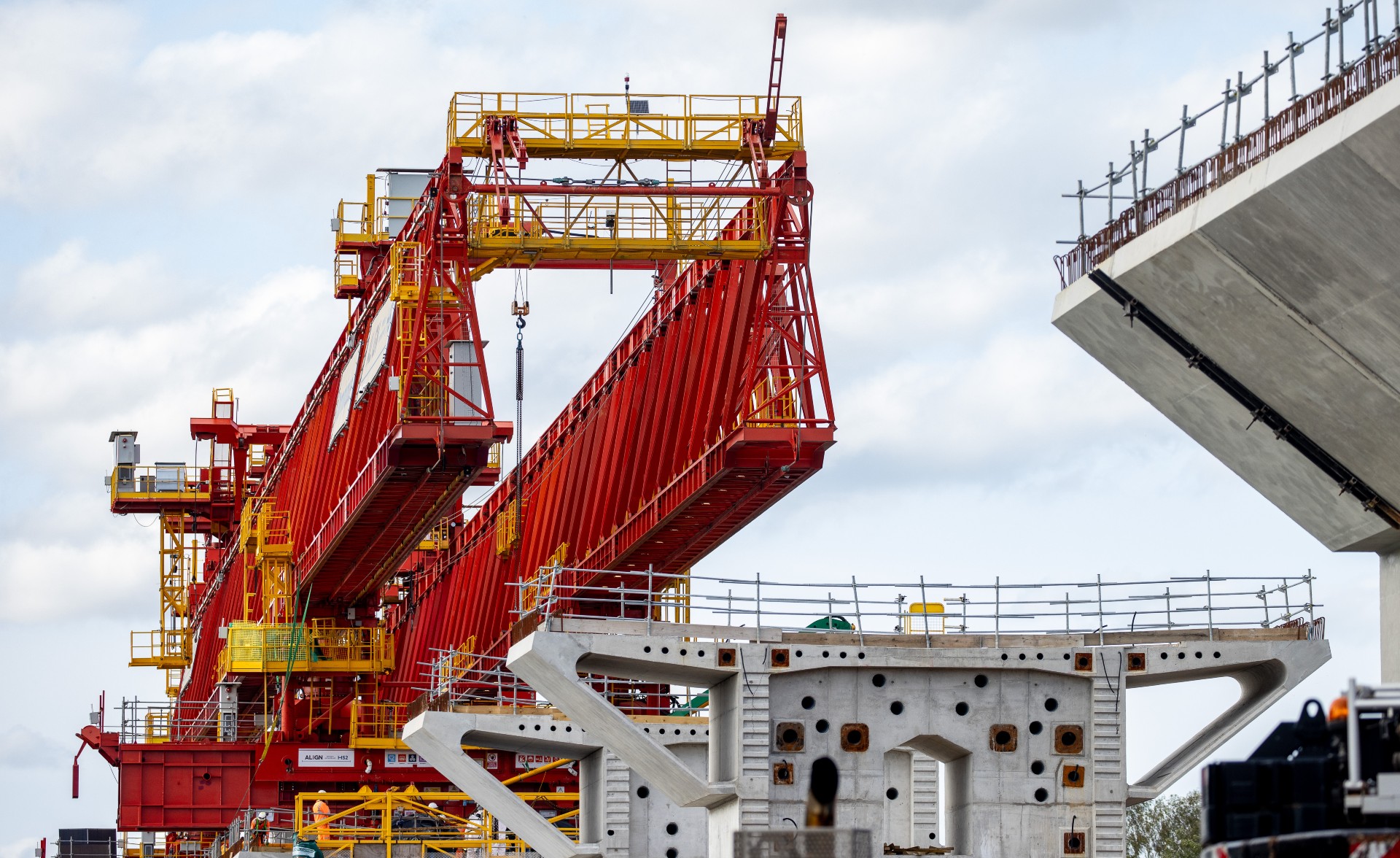 HS2: a runaway train
HS2: a runaway trainTalking Point PM may cut Manchester to Birmingham line of beleaguered rail project due to spiralling costs
-
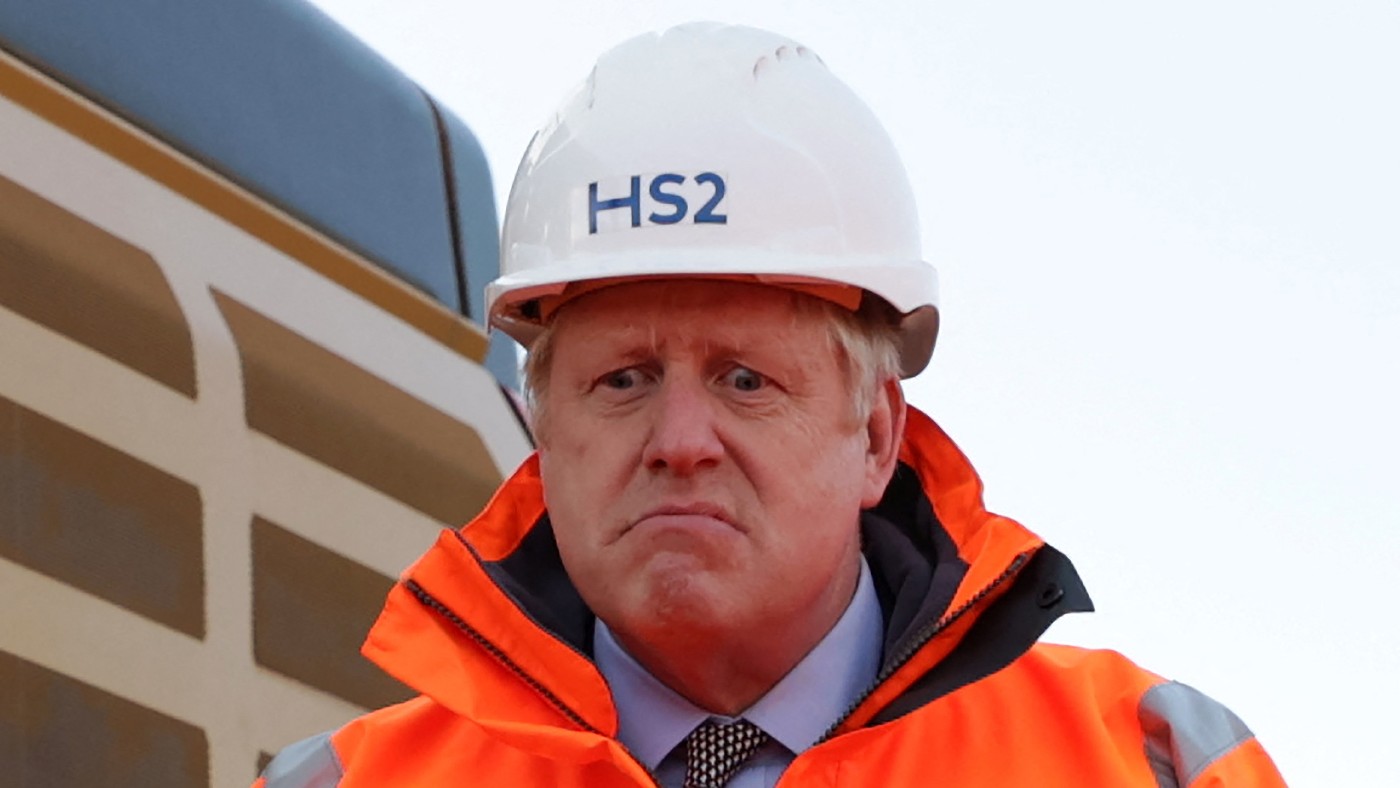 HS2: is this the end of the line?
HS2: is this the end of the line?Talking Point The costs of the track have steadily risen even as the potential gains have diminished say detractors
-
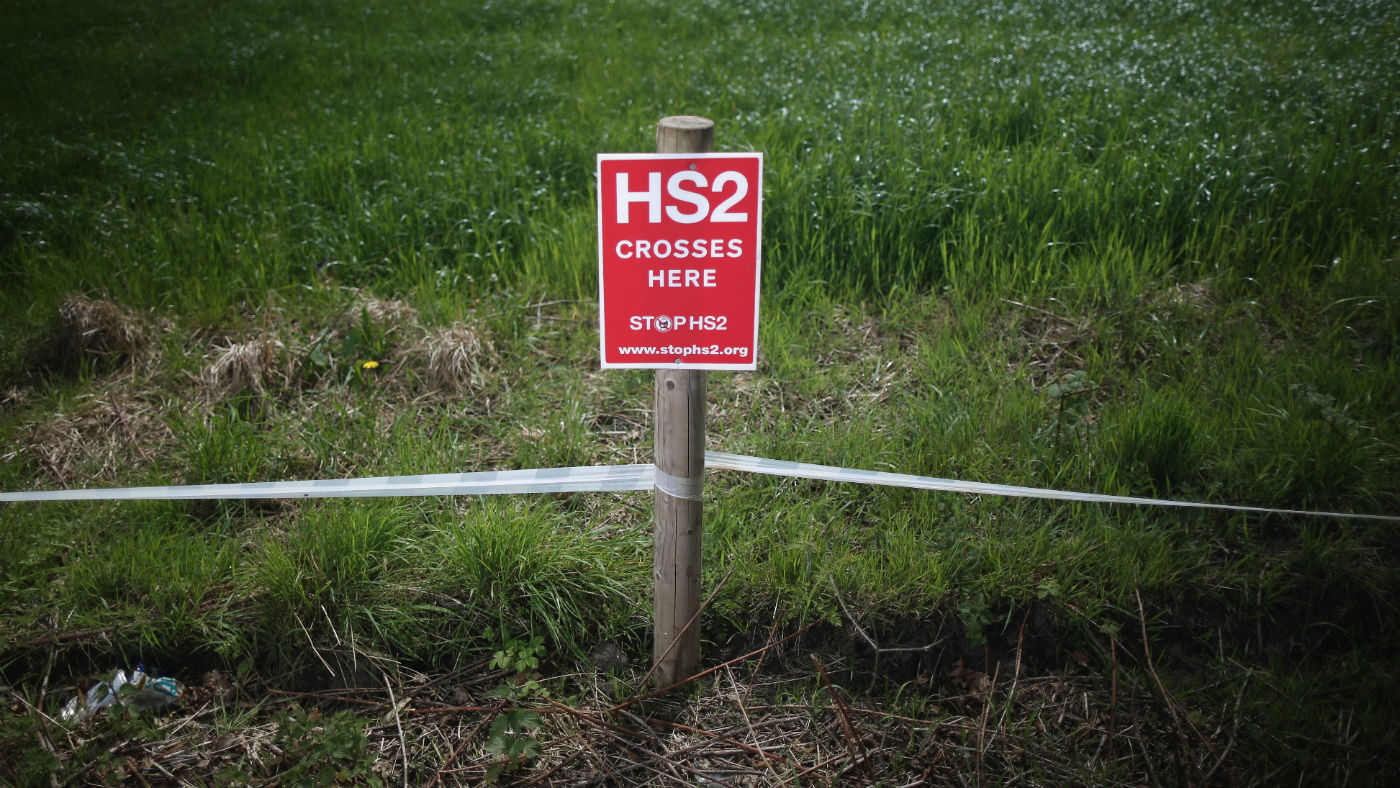 The long wait for HS2
The long wait for HS2feature Europe’s biggest infrastructure project is facing long delays and ever-rising costs
-
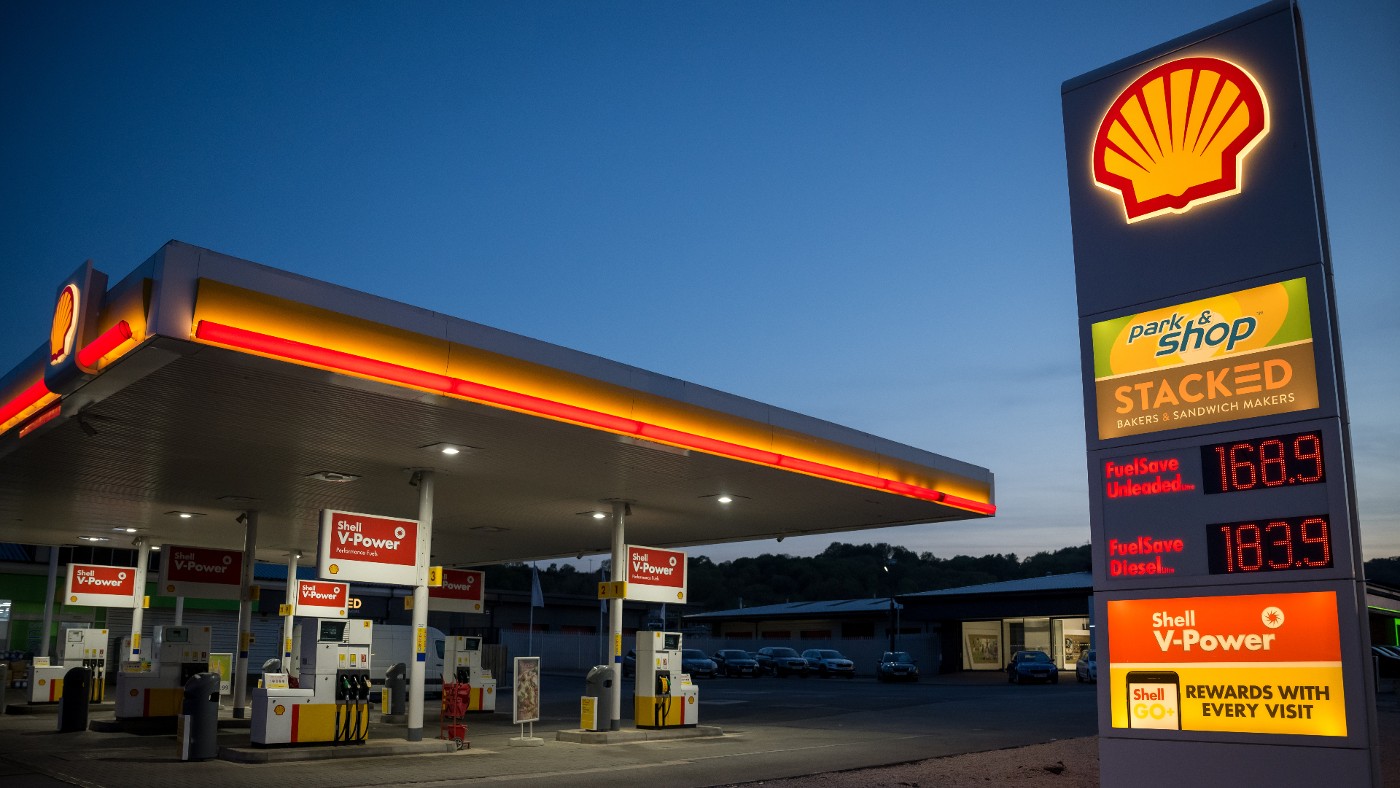 How high will petrol prices go?
How high will petrol prices go?Today's Big Question Government under pressure to intervene as cost of petrol and diesel climbs to record levels
-
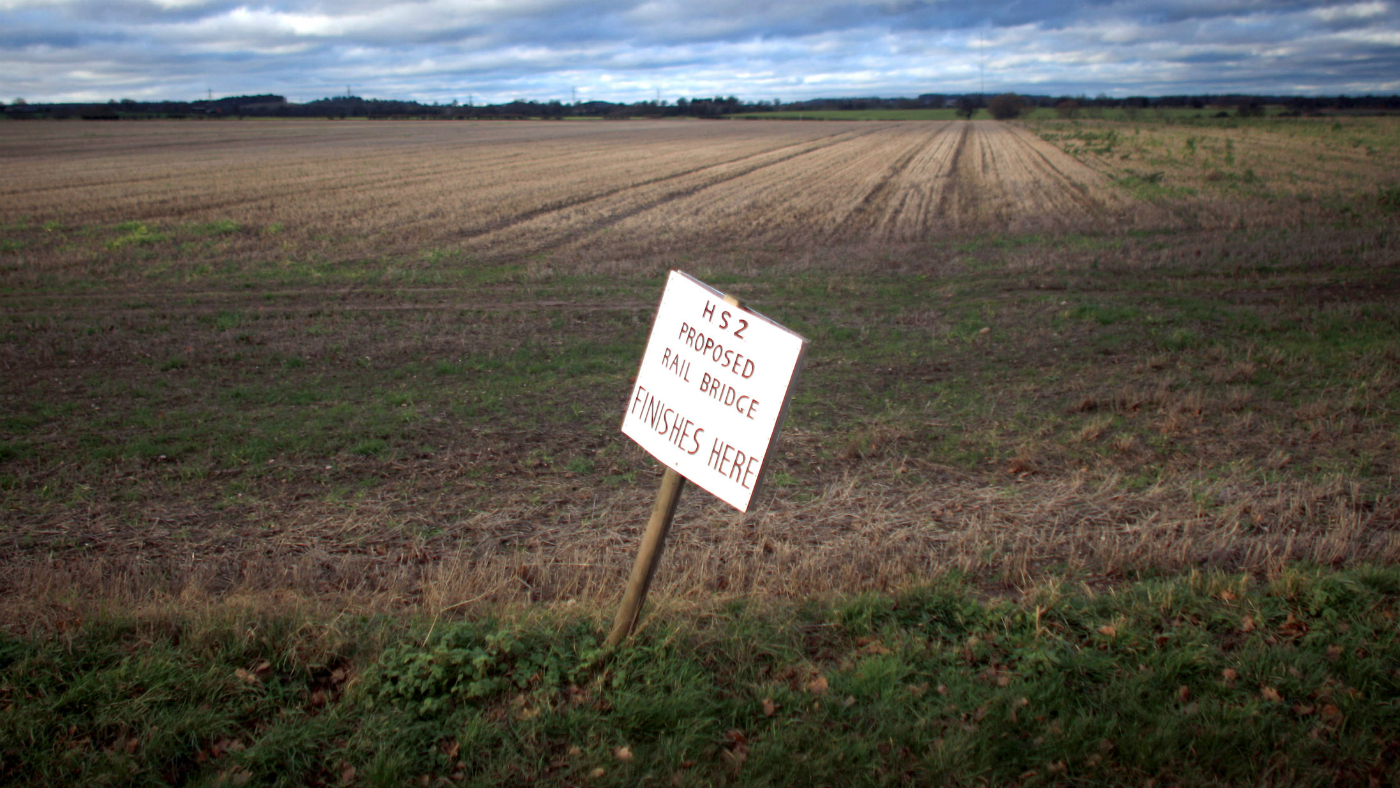 Why HS2 construction is going ahead despite coronavirus lockdown
Why HS2 construction is going ahead despite coronavirus lockdownIn Depth Government decision for contracted firms to begin work on rail line blasted as ‘tone-deaf’
-
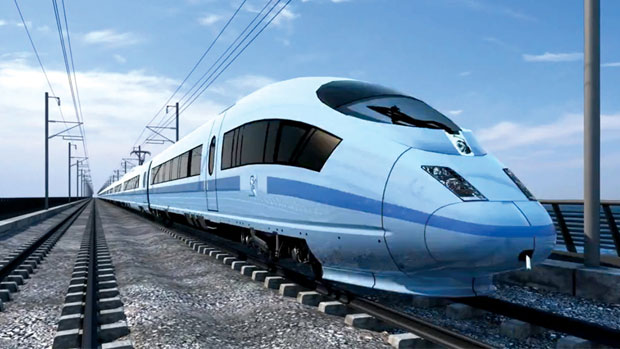 Boris Johnson to give HS2 the go-ahead
Boris Johnson to give HS2 the go-aheadSpeed Read Prime minister will also announce new funding for bus and cycle links
-
 Report blames Tories for late and over-budget HS2
Report blames Tories for late and over-budget HS2Speed Read There are fears that controversial scheme's costs could top £106bn